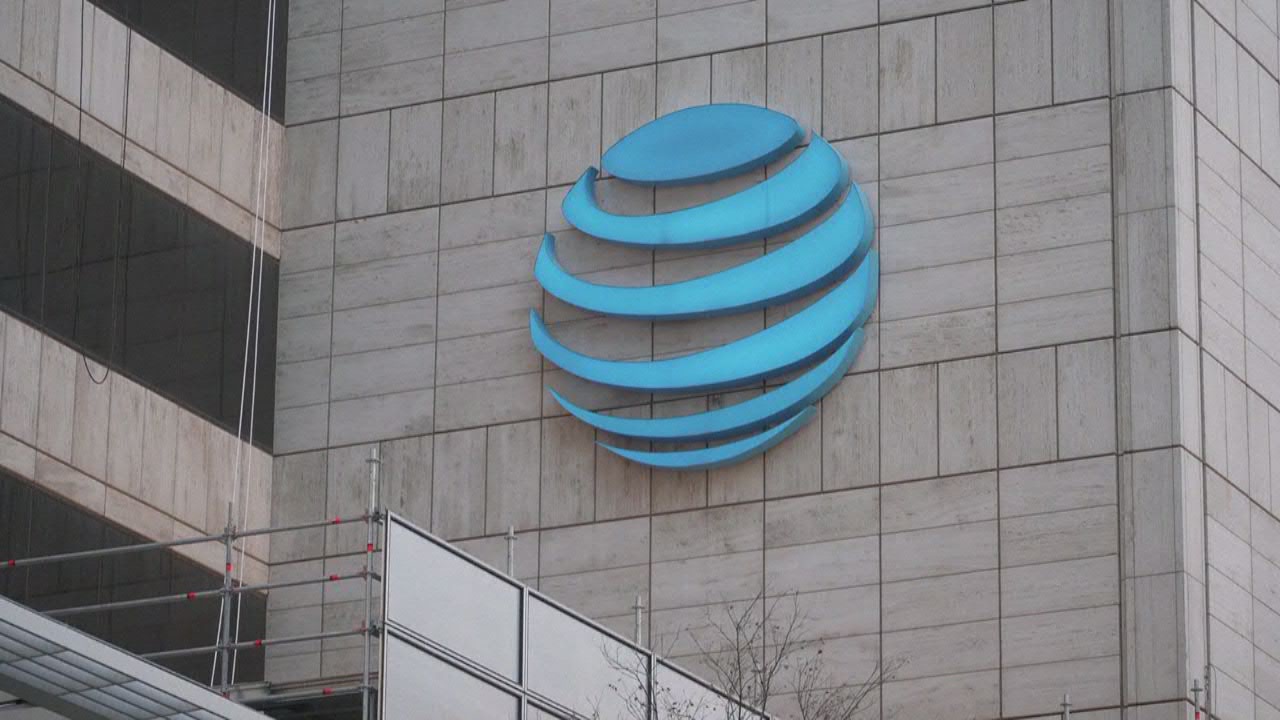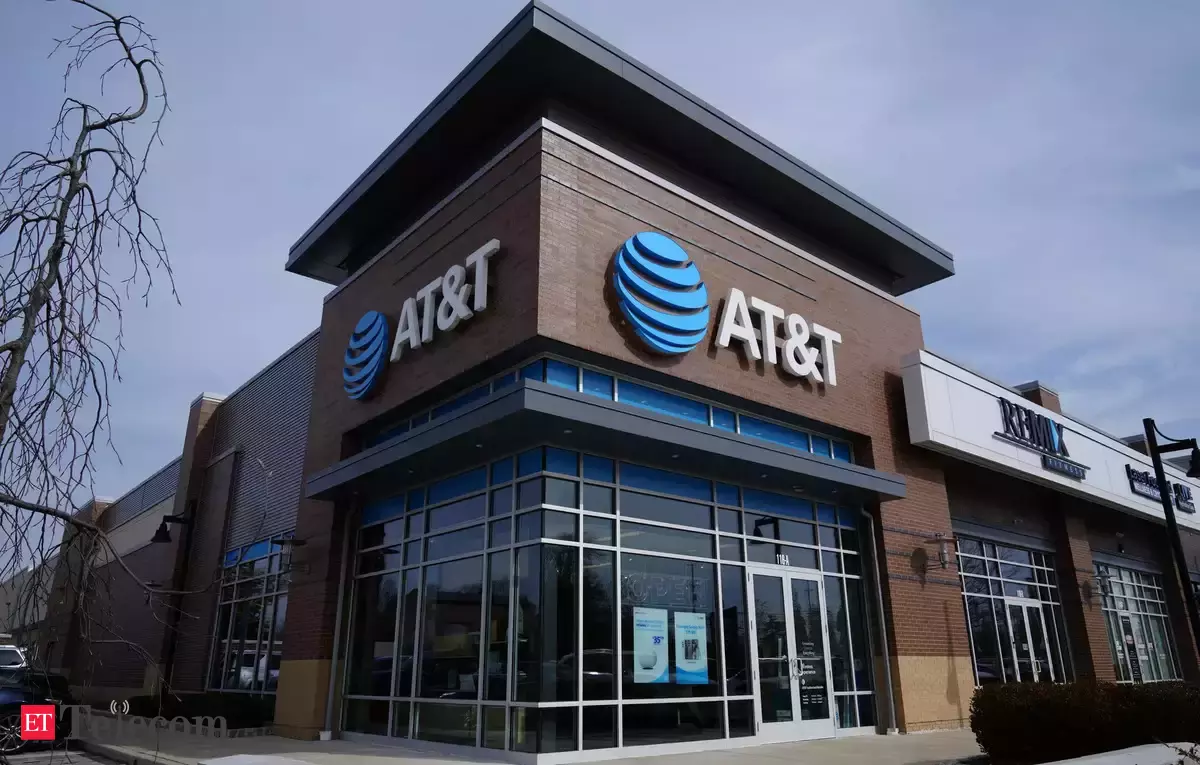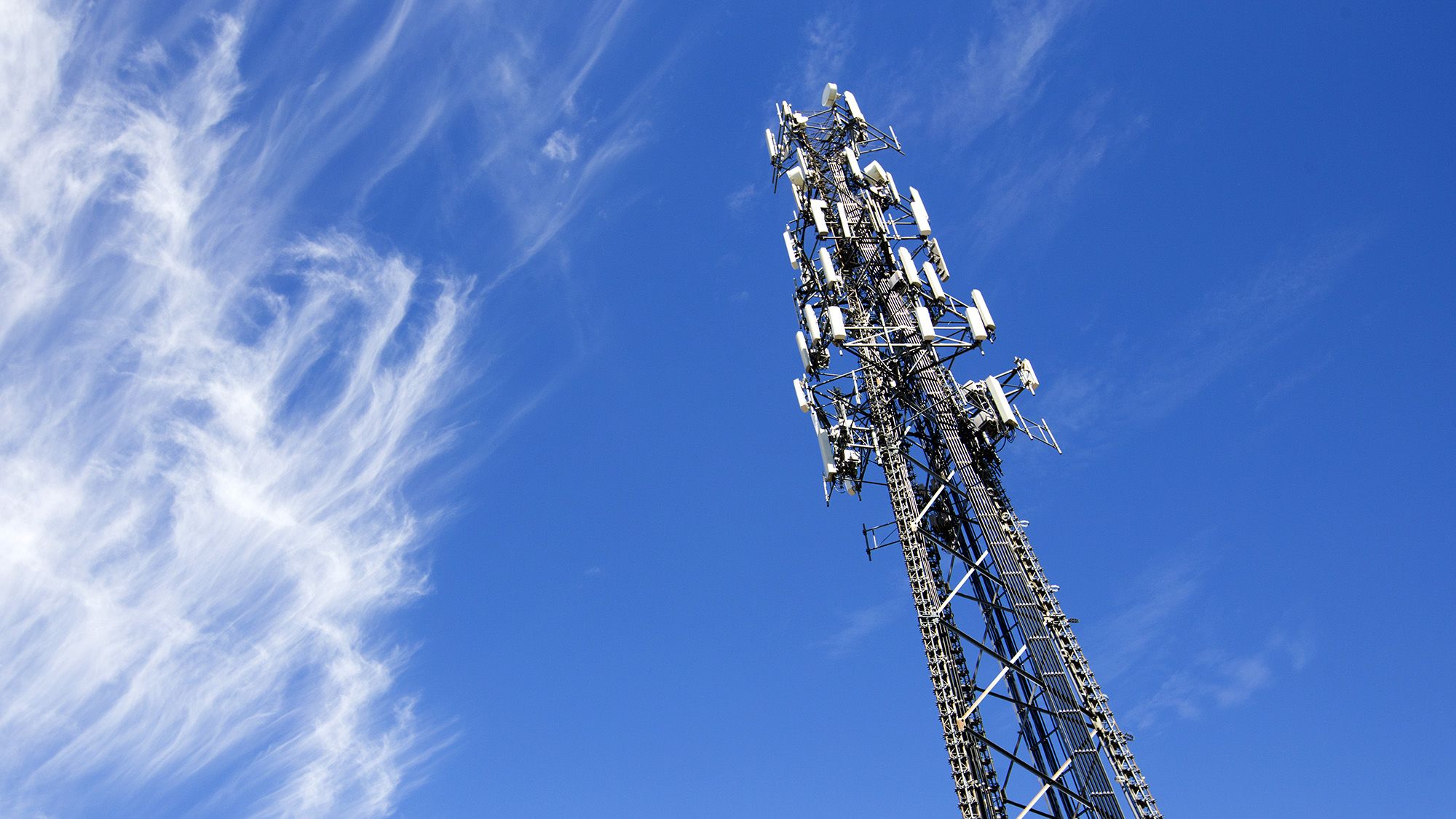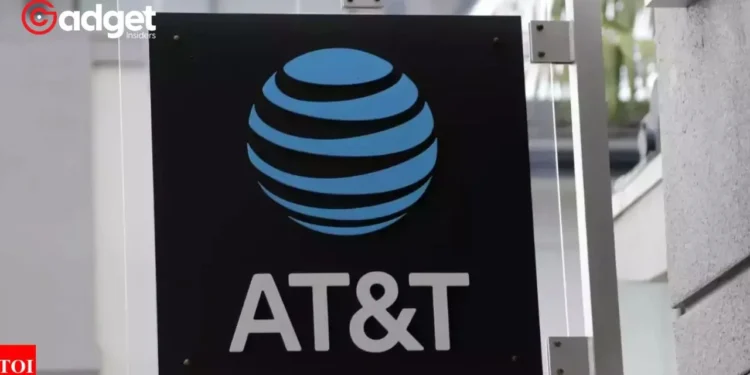In an era where connectivity is as essential as the air we breathe, the abrupt disruption of cellular services can not only inconvenience millions but also pose a significant threat to national security and emergency services. This truth was laid bare last Thursday when tens of thousands of Americans found themselves cut off from the digital world, courtesy of an AT&T cellular outage.
But what initially seemed like a technical hiccup soon escalated into a matter of national interest, drawing attention from the highest levels of government and leading to a multi-agency investigation.

AT&T: The Unfolding of Events
The day started like any other for AT&T’s vast customer base, until reports began flooding in about a widespread cellular service outage. The disruption was not just another blip on the radar for AT&T; it was an unprecedented event that left customers across the nation in a state of connectivity limbo.
According to AT&T, the root cause was traced back to a software update gone awry. “Based on our initial review, we believe that today’s outage was caused by the application and execution of an incorrect process used as we were expanding our network, not a cyber attack,” the company stated, offering some reassurance to customers and stakeholders alike.
Despite the swift action taken to restore services by 3 p.m. ET, the episode had already caught the eye of federal authorities.

Federal Spotlight on Cybersecurity
White House National Security Spokesman John Kirby disclosed that the FBI and Department of Homeland Security (DHS) were actively investigating the AT&T cellular outage, underlining the gravity of the situation. “The bottom line is we don’t have all the answers,” Kirby candidly admitted, highlighting the ongoing efforts to unravel the mystery behind the outage.
The Federal Communications Commission (FCC) also joined the fray, with its Public Safety and Homeland Security Bureau taking the lead on the investigation. “We are aware of the reported At&T cellular outages, and our bureau is actively investigating,” the FCC announced, further emphasizing the concerted effort among federal agencies to address the crisis.
The FBI and other U.S. Intelligence Agencies have launched a possible Cyberattack Investigation into the AT&T Outage as well as additional Cellular Outages that occurred today across the United States; Officials have stated that Evidence right now does not indicate an Attack, but… pic.twitter.com/IvPI43kTut
— OSINTdefender (@sentdefender) February 22, 2024
The Bigger Picture: Network Resilience and National Security
This incident shines a spotlight on the intricate dance between technological advancement and the safeguarding of national security. AT&T’s admission of a software update mishap serves as a stark reminder of the vulnerabilities inherent in our increasingly interconnected world.
The involvement of the Cybersecurity and Infrastructure Security Agency (CISA), alongside the FBI and DHS, underscores the critical role of cybersecurity in maintaining the nation’s infrastructural integrity.
In his dialogue with the press, Kirby reassured the public that there was no immediate reason to suspect a cybersecurity incident. However, the swift mobilization of federal resources in response to the AT&T outage speaks volumes about the importance of network resilience and the ever-present specter of cyber threats.

A Lesson in Crisis Management and Communication
AT&T’s ordeal is more than just a case study in crisis management; it’s a testament to the importance of transparent communication in the age of digital dependency. The company’s apology to its customers and commitment to preventing future occurrences was a necessary step in restoring trust.
Yet, it’s the broader implications for emergency services and national security that will likely prompt a reevaluation of protocols and preparedness for similar incidents in the future. As the investigation continues, the incident serves as a timely reminder of our reliance on digital infrastructure and the need for robust mechanisms to protect it.
The collaboration between telecommunications companies and federal agencies in this context not only aims to address the immediate fallout but also to fortify our digital defenses against the unseen challenges of tomorrow.










